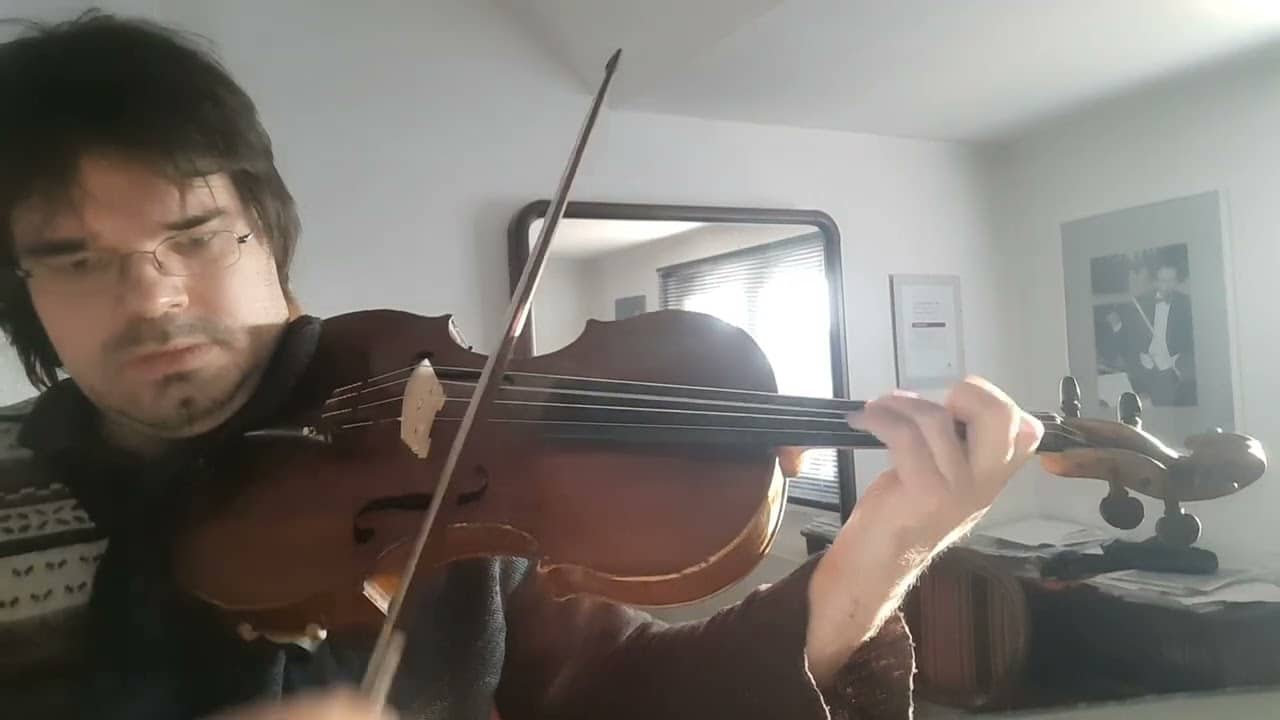How Lutoslawski beat the posterity trap
mainFrom the Lebrecht Album of the Week:
Most composer reputations subside in the generation after their death. It’s as if posterity calls time out while deciding its final judgement.
Witold Lutoslawski is a notable exception to this hiatus rule. Since his death in 1994, performances of his music have become more frequent and his status has risen steadily among both modernists and conservatives…
Read on here and here. Or here.






“While the fourth symphony is a climactic summary, written post-Communism for the luxurious sound of the Los Angeles Philharmonic and premiered by the composer himself in February 1993. Less easy on the ear than the much-played third symphony, it looks back at a century when composers found ways to dissimulate in order to avoid state control.”
I’m sure I’m not the only Lutoslawski fan who found this a baffling description of the Fourth. It appears that Lebrecht wants to cast Lutoslawski’s whole career as a dissident forced to utter his musical ideas under the radar of censors. In fact, pure Stalinism ran its course pretty quickly in Poland, and after the Fifties the Polish state was happy to let Polish composers write avant-garde works if it could gain some prestige on the international stage (just look at how the Warsaw Autumn festival was used in the 1960s and 1970s). By the time he wrote the Fourth, it had been decades already since Lutoslawski had to worry about state strictures.
My description of the Fourth would be very different: an old man’s wistful return to Romantic concerns like his other late works, a turning away from the limited aleatorism that had been the cornerstone of his music for thirty-five years. But anti-Communist work it ain’t.
Leaner by makes up a lot of stuff.